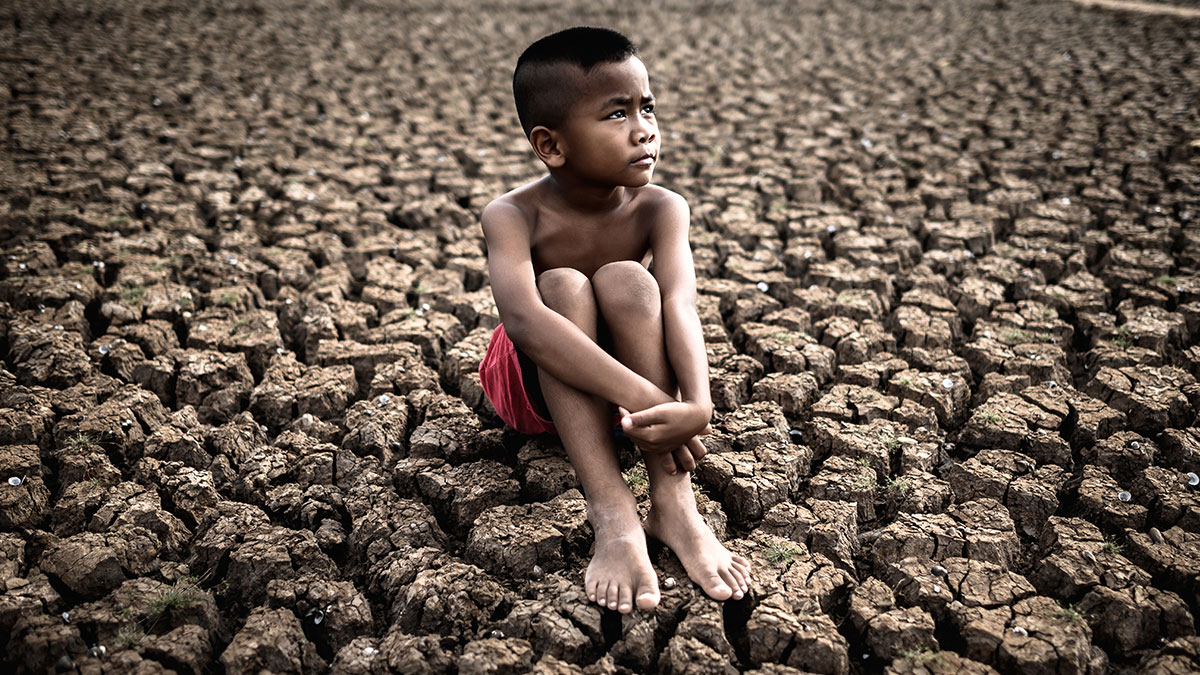Climate Justice & Equality
Climate change does not affect everyone equally. Impacts are often more severe for those who have contributed least and have least capacity to adapt. Ensuring justice and equity in climate actions is essential to fairness, legitimacy, and effectiveness.
Marginalized communities—rural, Indigenous, women, youth, low‑income populations—often have fewer resources, less influence over policy, and are disproportionately exposed to environmental risks. Gender, class, ethnicity, and geography intersect to amplify vulnerability. Climate policies and projects may unintentionally exacerbate inequalities or displace people without fair compensation or participation.

Our Approach
Climate Change Hub ensures that justice and equality are central in all our work. We engage with vulnerable populations to understand their needs and priorities, ensure their meaningful participation in planning and decision‑making, integrate gender and social equity analyses into our research and project design, ensure that benefits and burdens of climate action are distributed fairly, and promote rights‑based approaches. We also advocate for compensation, protective measures, and legal frameworks that protect the most vulnerable.
Impact & Opportunities
When climate action is equitable, it is more sustainable, socially accepted, and resilient. Benefits include reduced risk for vulnerable groups, stronger community cohesion, improved health and well‐being, and empowerment. Opportunities include mainstreaming gender and equity in policies and funding, strengthening legal protections and access to justice, fostering local leadership and Indigenous knowledge inclusion, and ensuring climate finance mechanisms are accessible and fair.
